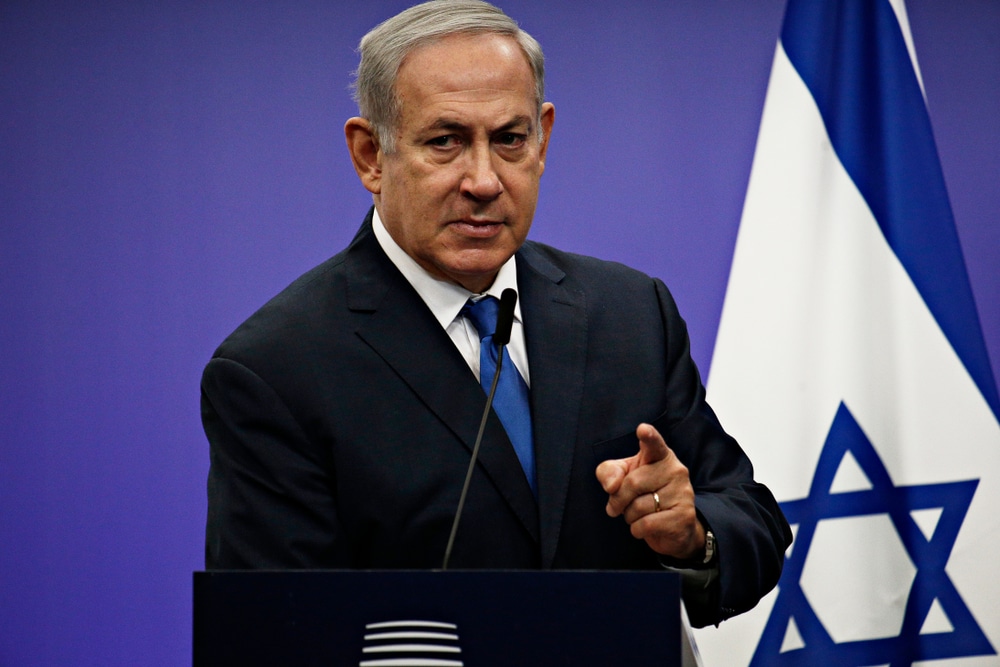Tensions between the United States and Israel were highlighted when the U.S. allowed a U.N. Security Council resolution calling for an immediate ceasefire in Gaza to pass by abstaining from the vote. This decision prompted Israeli Prime Minister Benjamin Netanyahu to cancel a planned visit to the U.S. by two of his top advisers, underscoring the strained relations between the two nations over the handling of the Gaza situation.
The resolution, which was pushed forward by the ten non-permanent members of the Security Council, seeks an immediate ceasefire during the month of Ramadan, the immediate and unconditional release of hostages, and emphasizes the need to increase the flow of aid into Gaza. UN Secretary-General António Guterres labeled the failure to implement this resolution as “unforgivable,” highlighting the urgency of the situation.
The U.S. had previously vetoed similar resolutions but changed its stance last week, proposing a ceasefire resolution tied to the release of hostages. However, this proposal was vetoed by Russia and China, leading to the U.S.’s abstention on the latest resolution, which passed with the support of the other 14 council members. U.S. Ambassador Linda Thomas-Greenfield stated that the resolution included U.S.-requested edits but abstained due to disagreements with certain aspects, particularly emphasizing that any ceasefire should accompany the release of all hostages.
Both Hamas and the Palestinian Authority welcomed the resolution’s passage, while the Israeli Ambassador to the UN, Gilad Erdan, criticized it for not conditioning the ceasefire on the release of hostages, arguing it undermines efforts to secure their freedom. Israeli Foreign Minister Israel Katz stated Israel would not comply with the resolution, committing to continue fighting Hamas until all hostages are returned.
This diplomatic friction comes amid Israel’s preparations for a military operation in Gaza’s Rafah, with over a million Palestinians seeking refuge there. The U.S. has expressed concerns over the protection of civilians ahead of the expected incursion, emphasizing the importance of finding viable alternatives to a ground offensive.
Expanded Coverage:








